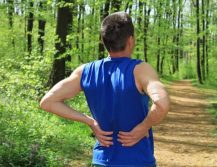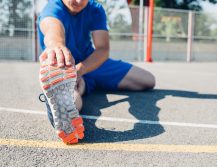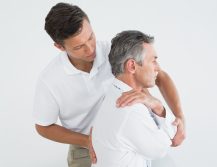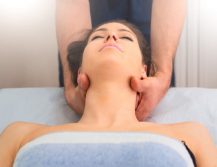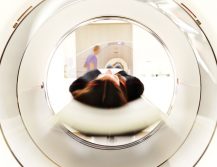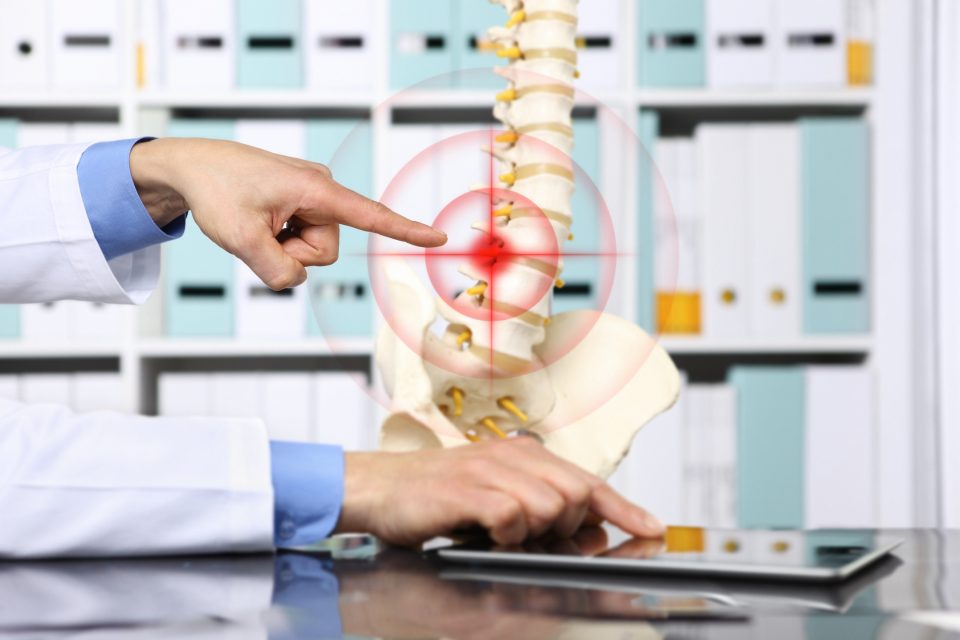
A herniated disc is a type of injury affecting the discs that act as cushions between the individual vertebrae of the spine. The discs themselves are soft and rubbery with an even softer center in the middle, enclosed by a tough exterior. Ideally, they stack neatly on top of each other in a single-file line; however, issues like injuries, genetic history, excess weight and poor posture can cause discs to slip, resulting in a herniated disc.
When the softer jelly center is displaced and begins to push through a tear in the tough exterior, the disc becomes herniated. Herniated discs can irritate nearby nerves, potentially causing a wide range of pain, from mild discomfort to intense body-wracking pain often felt in the arms or legs.
Common Symptoms of Herniated Discs
- Arm and leg pain along with pain in the buttocks, calves or thighs. The most intense bouts of pain are centered in the buttocks area.
- Numbness or tingling.
- Muscle weakness and impaired ability to lift or hold items.
Some people with herniated discs experience no symptoms or pain at all.
Non-Surgical Treatment Options for Herniated Discs
Surgery is often a last resort to fix herniated discs, as operating on the spine can be dangerous due to the complex network of nerves that line the spinal cord. Instead, medical practitioners prefer non-invasive manipulations and medical treatments to coax and work the disc back into position.
Treatments include:
- Epidural steroid injections – Can provide short- or long-term relief from radiating back pain, although repeated injections may be needed to provide long-term pain relief. Pain relief varies among patients, lasting from one week to a full year.
- Chiropractic adjustments – Chiropractors will use chiropractic or osteopathic manipulations to move the disc back into place and provide pain relief along with restoring functionality through physical therapy.
- Medication – Primary care physicians will prescribe non-steroidal anti-inflammatory drugs (NSAIDs) to relieve inflammation and pain caused by herniated discs.
- Exercise – Regular exercise can alleviate many of the causes of herniated discs such as poor posture and excess weight. Strength training exercises that build and prevent muscles from contracting in the back can increase your spinal cord’s endurance, reducing the stresses placed on it and preventing more herniated discs in the future
Receive Non-Invasive Treatment for Your Herniated Disc at Spine Works Institute
Surgery is a last resort when it comes to healing a herniated spine. At Spine Works Institute, our gentle hands can fix your herniated disc problems with professional non-surgical treatments and manipulations.
Our treatment team of doctors, nurses and therapists will perform tests and review the results to make a diagnosis and provide one or a combination of the following non-invasive treatments:
- Physical therapy
- Medication
- Interventional pain management
- Exercise and strength training
- And more
Contact us today to learn more about our treatment options or to schedule an appointment.


